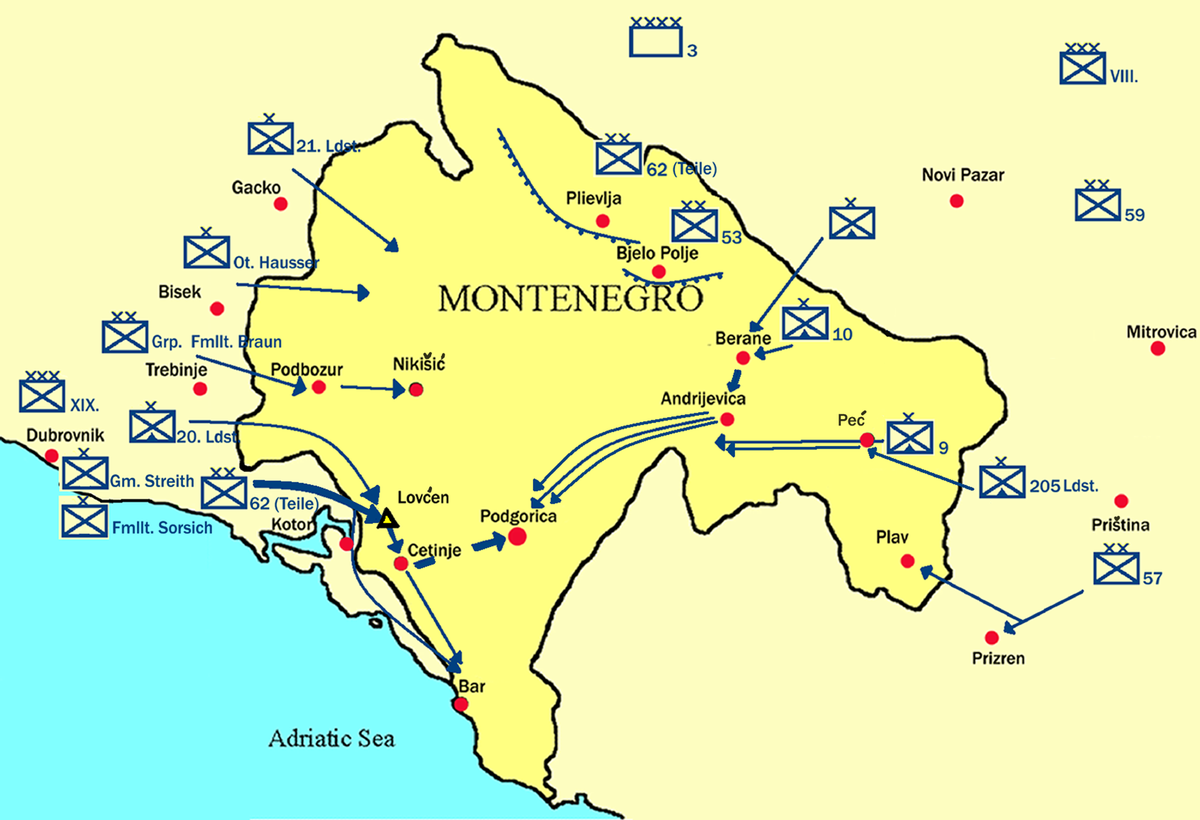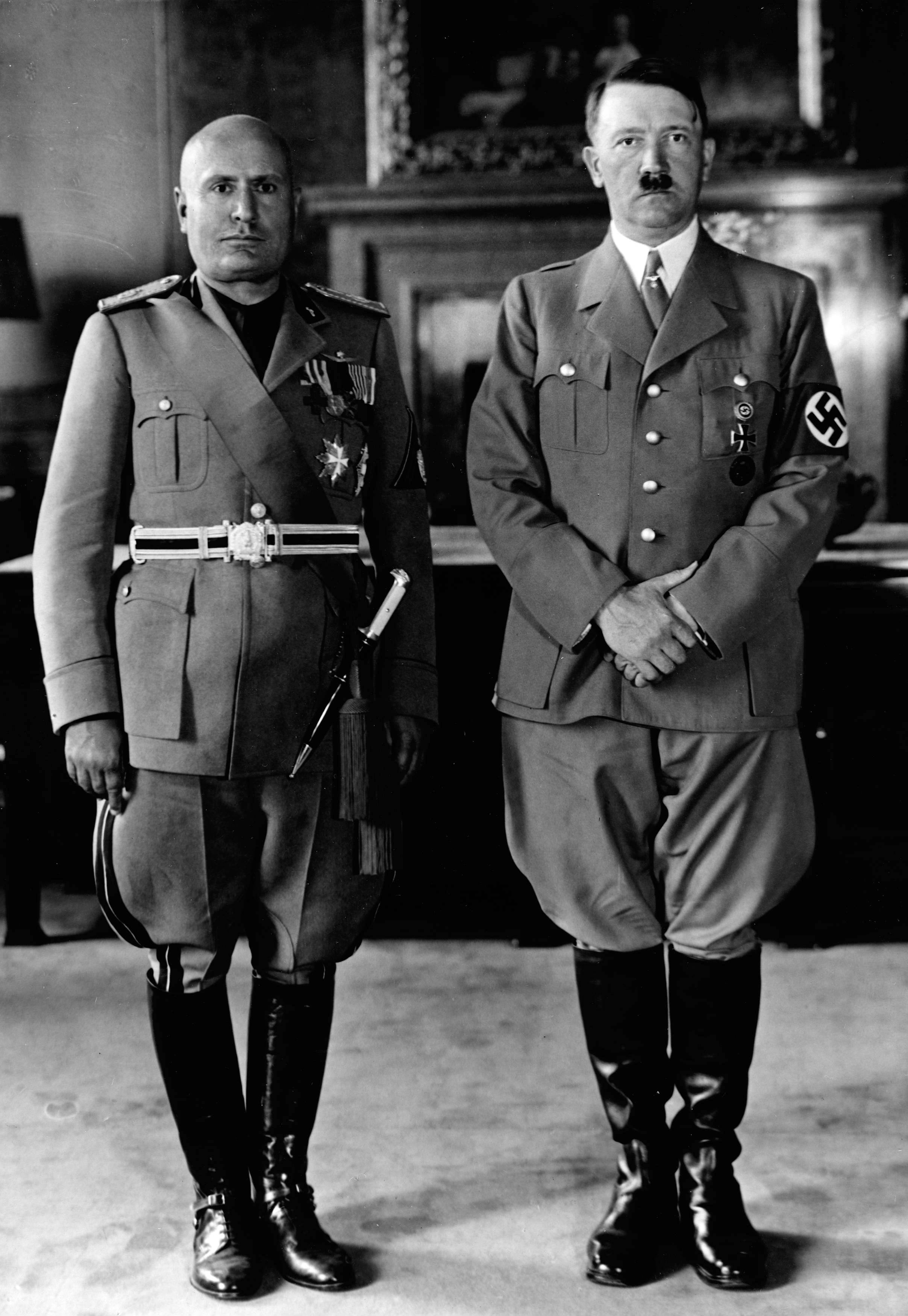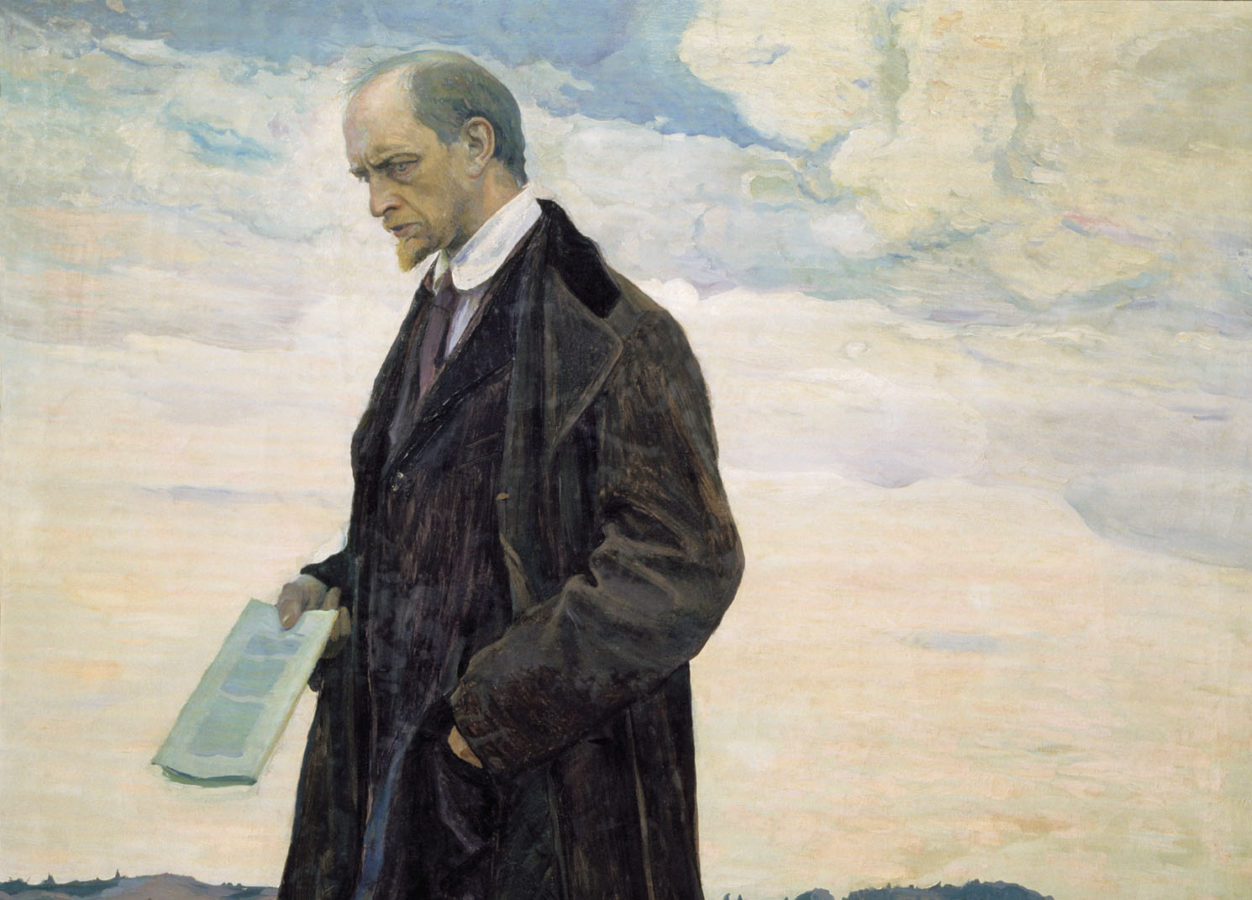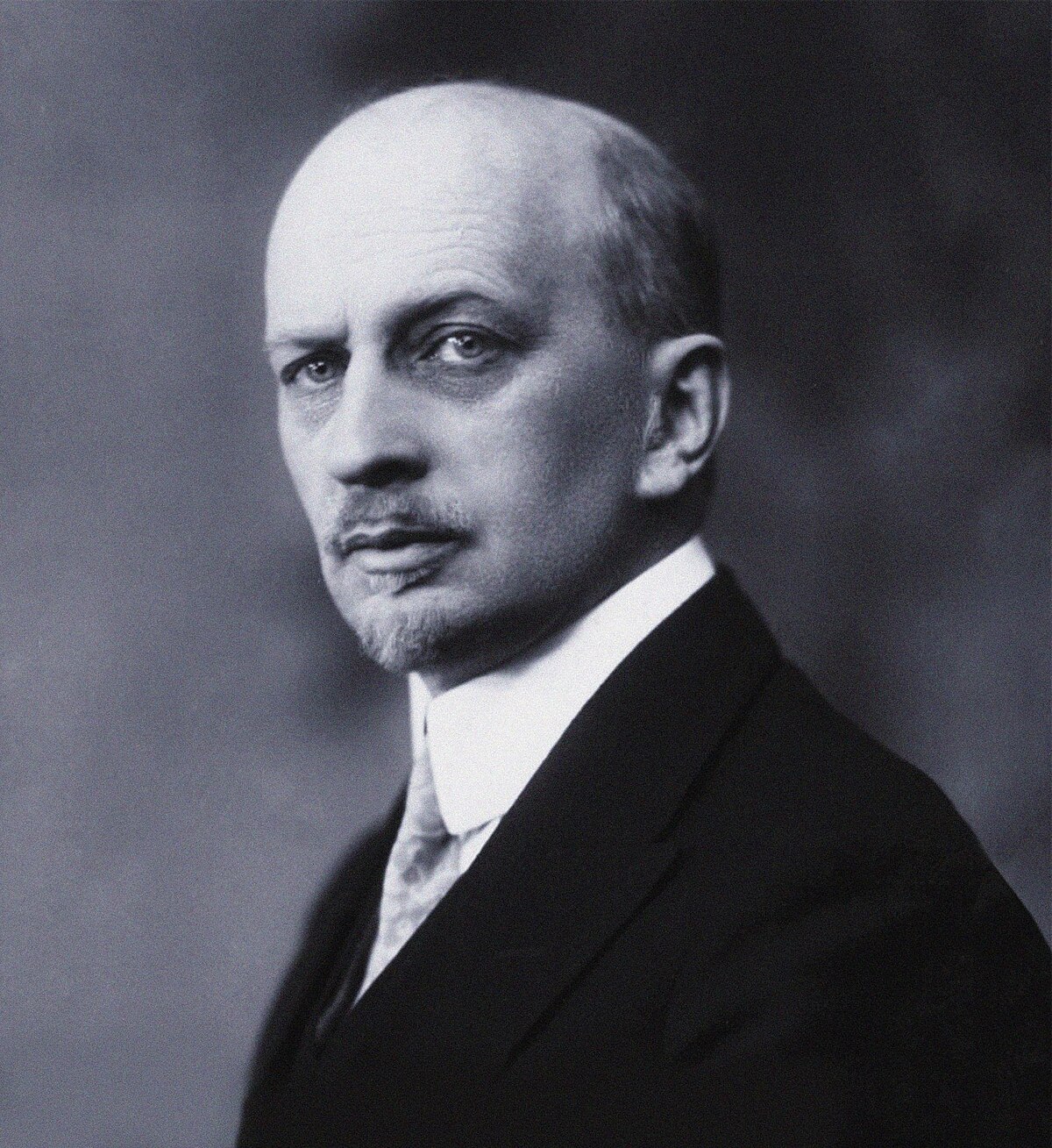True. Likely support for the Russians by going after the Ottomans would be politically easier ITTL assuming the Ottomans even join in. If not then I don't see how they don't pull something with Greece given the lack of other options. Well besides sending an expeditionary force to Russia much like Russia did for France IOTL:

Russian Expeditionary Force in France - Wikipedia
en.wikipedia.org
Montenegero though gets them nowhere and is pretty hard to advance out of. Without a rail line to support Serbia they're SOL. Maybe if Bulgaria joins the war then it clarifies the situation and France can land in Salonika to attack Bulgaria since apparently the French were already allowed to use the port to ship supplies to Serbia IOTL 1914 well before Entente forces landed there. Frankly the entire situation is very murky for this ATL.
I suggested Montenegro because its already a belligerent and while it would be difficult forces and equipment sent there would aid the Serbs. Definitely Greece would be a better option if you could get it to joining the EPs but with the advantage of hindsight while there was strong political support for this the monarch, which had a lot of influence was strongly opposed so unless the French are willing to effectively launch a coup against him - and do it successfully - its a no go.
Russian desire matters because if they say "f-it, let's bail on the war" then France is in a really bad situation, especially given that Russia owes them money and may not be able to or willing to pay it back if they feel France didn't honor its obligations and Russia paid the price. Plus the British government at the time didn't want to see Russia lose the war quickly; if anything it would be in their interest for both the CPs and Russia bleed each other white. So why not promise the moon?
I was assuming you were referring to post war sharing out of territory. Assuming Germany defeated and in this scenario Russia will probably have taken the bulk of the losses and be weakened then unless they already hold Constantinople how would they gain it if Britain and France opposed the move?
I suppose there is a counter argument that under such circumstances Constantinople is a somewhat mixed blessing for Russia as it now has to hold onto a region including a large city with no native Russians there. Especially since they will win the emnity of the Turks and Greeks and probably also Bulgaria as well. Plus while it gets them an entrance to the Med they still have to get passed Britain at Malta and Gib going west or the Suez canal going south - or even with possibly Greece in alliance with Britain as a result bases on the Greek islands further constraining the Russians in the event of a clash.
Can we agree that Britain had multiple interests in doing what they did IOTL?
Never had any other viewpoint. Its just that some weigh more than others and the people with the most power and influence in Britain were more concerned with the big issues, such as the balance of power in Europe.
Yes I do. The imperialists are still imperialists and will want valuable markets that potentially have oil. Control over the majority of the world's oil supplies gives them intense leverage over everyone. Contrary to Anglophone perceptions the Entente were just as big of self interested dicks as the CPs and WW1 as well as the preceding few centuries were about European state trying to dominate the world. Or do you think the British and French empires happened by accident?
You seem to lack an understanding of events and politics in Britain. There are imperialists, most noticeably in the Tory party as well as people who want to change Britain's tradition of free trade - again largely the Tories. The latter is important because additional territories, as well as being costly to administer and protect provided little additional wealth for Britain while free trade was in control. Its noted that for most nations, even with protectionism in place many colonies costs more to rule than they supplied in economic returns.
I'm not saying that 1914 Britain's political leadership were angels - they weren't - but in Britain especially there was a strong opposition, especially in the Liberals, to ruling more territory. This was a major reason why the British empire was as small as it was as it could have been a hell of a lot larger.
I'll have to defer to you on that, I'm not all that familiar with the Irish situation specifics.
That's what I've read anyway.
The US wasn't neutral and I'm willing to bet that is why the operations like that never led to any significant breach of US-German relations. Plus in 1916 (election year) the US wasn't in a position to go to war either and was even less so early on.
Plus the US wasn't in a position to really figure out what actually happened:
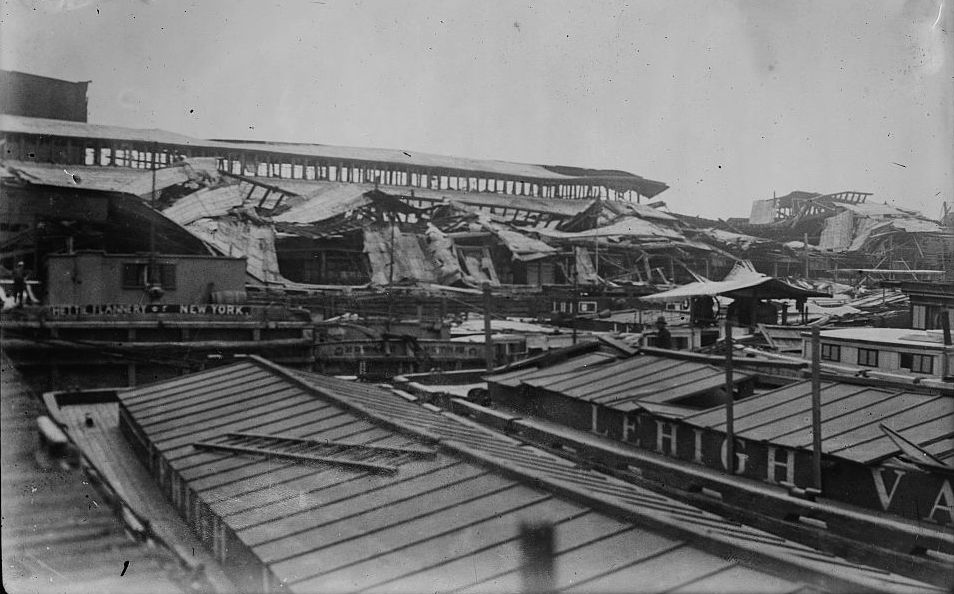
Black Tom explosion - Wikipedia
en.wikipedia.org
Too bad the linked source is invalid.
Technically it was neutral and as the Deutschland case showed the US was quite happy to trade with Germany. Its growing economic ties to the allies and the behaviour of Germany were changing that but it was still a stupid thing to do as it was technically an act of war.
Perceived by whom? The average person had no interest in fighting before Belgium and France were invaded. It really was mostly naval and a few top level Liberal cabinet members who were viewing Germany was a threat. If they were focused on Russia very few in Britain would see them as any sort of threat, especially if the French were busy invading them (even if badly). Do you have prewar sources that show Germany was viewed at the time by the majority of the public as a threat in 1914 in July?
Except that the navy and the security it supplied were perceived as very important to Britain, including the bulk of the population and also naval superiority was a matter of prestige. As such the German threat was seen as very real and threatening. The OTL invasion of Belgium helped unify public opinion in favour of war against Germany but there would have been substantial feelings of hostility towards it anyway and especially if it looked like it would be become a lot more powerful due to a clear victory in the war.
Hey, why not use your own argument against you?
Though I meant it more as British perception rather than reality, but it would keep Germany firmly fixated in the East and on their army to hedge against a resurgent revanchist Russia. Actually I could see Russia going Fascist here (I mean more so than the Czar already was, especially if replaced by Michael).
A fascist Russia is a possibility, as might still be a more militant Germany depending on how the struggle goes to challenge the influence of the junkers and other such groups.
However the problem with rejecting your own arguments is that you weaken them in general discussion.
How would Britain ensure that? They could try and invade Germany proper via sea landing or Belgium, but then in the former case they'd probably face serious operation issues even attempting that not to mention problems from the public for even trying to enter the war when unlike OTL Germany couldn't be said to be a direct threat to Britain. In the latter case I'm sure you can see the issue there.
If it looks like Germany is winning, after a bitter fight, and is refusing to accept moderate gains then Britain can throw its own hat into the ring in supporting the EPs. Say if Russian was suffering badly and Germany was making demands on France such as assumed in the September programme because it believes France is too weak to stand against it. Especially since Britain, given the ongoing conflict is likely to have boosting its own forces and probably gained known of doctrine and battle tactics through officers assigned to study the war alongside the French forces. [Having a senior moment as the exact term is escaping me but think you know what I mean.
Again you're thinking like a politician in a dictatorship, not a democracy where the public doesn't see their interests directly threatened. Plus the average Brit, until they joined the war in 1914, weren't really pro-Russia as far as I can tell.
Its not a question of being pro-Russia, although as in WWII there's probably been a fair amount of press put out about the gallant Russians defending their homelands against the German hordes and references to 1812. Which is a far easier sell than what both Britain and the US did in WWII with the USSR. Its a question of Britain's interest and especially its security. Given the displaced hostility towards Britain and the perceived German gains from a victory plus probably references to other threats to Britain from a single power dominating the continent, going back to 1588 there will be plenty of scope for moblising public opinion for war. Especially if Germany has rejected proposals from Britain for a moderate peace, which will be the view presented by the government in Britain.
They lasted into 1914 though. So maybe due to the Irish parties the Home Rule crisis isn't able to be put on the backburner if Britain doesn't join the war. BTW what is your source for the claim the Tories were pro-war in July before Belgium was invaded? Also what about Labour? The Liberals were already in support of more social spending and were interested in cutting the military budget.
Yes but that could change if the Liberals lost Irish support or were seen to be too pro-'Irish' by the bulk of the British people, although the latter could be fairly insufficient prior to the expected election in 1916. One other factor here could if the Liberals were seen as being too soft on the issue of German successes in the war ongoing on the continent. Which I think could well last into 1916.
I'm not a professionally trained historian and as you may have gathered have collected few new books in recent years. As such I tend not to have marked sources as well compared with what was said. However from numerous sources that the Tories were more radical in things like economic policy, being concerned about a perceived decline in Britain's power and position. Hence they were the primary forces pushing for an end to free trade and to introducing conscription. They were the party pushing for more military spending whereas the Liberals wanted to cut military spending to increase social spending, as they did in their early years and only reluctantly later increased it in the face of the German naval challenge.
British government interests aren't the average people's interests and in a democracy they'd need to be highly concerned with getting public support well before they could declare war without an obvious casus belli. Plus even in victory in a short sharp war the CPs wouldn't dominate the continent, they'd just have an edge on France and Russia, though they'd have lost Italy as an ally for sure by then. The question is whether France and Russia would face actual revolution during or after the war, but that isn't likely to make Britain go to war, just perhaps send troops to help the governments stay in power.
If it was a short war with no great devastation for any power or major territorial changes. However I'm doubtful that would happen. Germany after all is worried that Russia could soon eclipse her so what is the point for Germany of waging a war that costs it a lot but doesn't massively weakened Russia? Especially since Russia not only has much greater manpower but its population is growing a lot faster. As such Russia could afford to lose twice as many casualties as Germany and unless its seriously weakened Germany has possibly delayed things a little but will have to consider another war a few years down the line.
In this scenario then while Russia is likely to suffer substantially it being on the defensive is going to make a comparative shift in loss ratios - albeit I take your point that they will be facing a lot more Germans from the start. However with France not looking like collapsing then a withdrawal from the frontier regions is a viable prospect and Germany losses a lot of its advantages once logistics restrict how much firepower it can apply on the front because of the need to move heavy equipment in very large amounts. Plus your likely to see at least some rallying around the motherland in Russia when there's a clear threat as opposed to what looks like increasingly fruitless and costly attacks on German positions. As such I can easily see the war going into 1916 and possibly the front reaching about the Prepeit marshes which are likely to further hinder German potentials. The further back they are pushed the longer both German supply lines and the front.
Similarly while France, assuming no butterflies, will have the insane plan 17 for frontal assaults but that simply can not last and as OTL France will find alternative ideas and will have less threat and more resources due to not having a lot of their most developed territories occupied.
As I say I'm not suggesting that the EP without Britain would win, especially given the expected Turkish entry against Russia. [Although I wouldn't consider it totally impossible.] However I think the war will last a lot longer than your expecting, both because I don't think Germany can win a victory as quickly as you suggest nor, for reasons I mentioned above are they likely to be willing to accepted a relatively minor level of victory. A further factor here would be the sunken costs fallacy where having waged such a conflict and suffered heavy losses - even if their opponents suffer more - they will need to demand a clear and big victory to satisfy public opinion. That both powers are more autocratic then the western powers doesn't significantly change that factor.
Steve
Corrected faulty quote commands. Apologies for that.
Last edited:

